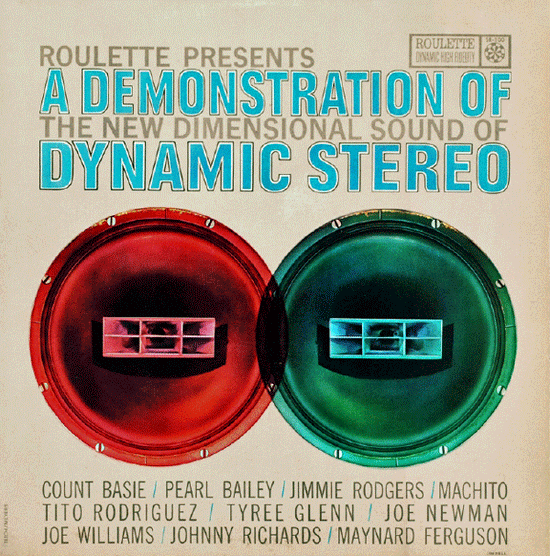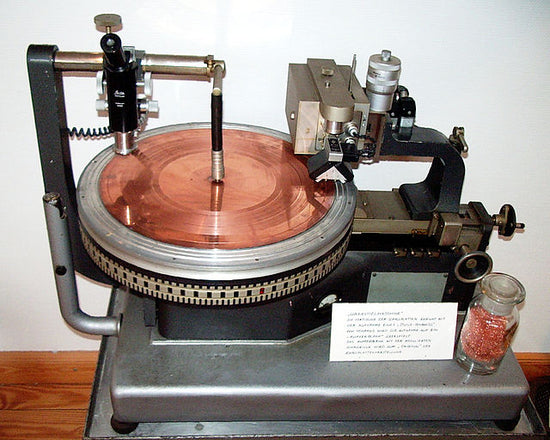The comparison between CDs and vinyl records often depends on individual preferences. CDs typically offer a cleaner and more accurate representation of the recorded sound, while vinyl records are valued for their warm, analogue sound and the more tactile experience of playing them. Ultimately, the choice between CDs and vinyl records is subjective, with many music fans appreciating different aspects of each format.
In the ever-evolving landscape of music consumption, vinyl records and CDs are pitted against each other seemingly more than anything else. While there are many debated merits of each, the characteristics of each medium leave a question, does the CD really provide a better listening experience than vinyl, or is ‘vintage vinyl’ the way to go?
In this article, we will unravel this mystery, examining the characteristics of each medium.
CDs: The Advantages of Digital Precision
CDs emerged in the 1980s as a revolutionary leap into the digital domain. Boasting a sampling rate of 44.1 kHz and a bit depth of 16 bits, CDs offered a precise and standardised platform for audio reproduction. This precision freed the listener from the potential imperfections of a vinyl record, such as surface noise and distortion, providing a clean and accurate rendition of the recorded sound.
Vinyl: The Distinctive Charm of Rich Tonality
In the opposing corner, vinyl records have a more nostalgic allure to them which is deeply rooted in the unrefined nature of analogue listening. The recording process for vinyl captures continuous variations in sound, resulting in a unique, warm tonality. Vinyl's inherent imperfections, like the subtle crackle and occasional pop, contribute to the charm, creating an organic, immersive experience. But does this warmth come at the cost of clinical precision when compared to CDs?
Dynamic Range
One key battleground in the CD vs. vinyl debate is dynamic range—the difference between the softest and loudest sounds in a recording. CDs, with their 16-bit depth, theoretically offer a wider dynamic range compared to the analogue format of vinyl. This advantage could translate to a more authentic reproduction of the artist's intended expression, especially in genres that demand nuanced dynamics.
However, vinyl enthusiasts argue that the limitations of dynamic range on vinyl force engineers and artists to carefully master recordings, resulting in a more deliberate and sometimes more appealing dynamic representation. They argue that the evocativeness ingrained in vinyl playback can enhance the perceived dynamic expression.
The Technical Side: A CD’s Resilience and Longevity
The durability of the playback medium is another factor in the CD vs. vinyl debate. As they are digital and laser-read, CDs are inherently resistant to wear and tear. The plastic coating on CDs shields the data layer from scratches, ensuring a consistent listening experience over time. On the other hand, vinyl records are susceptible to wear, with each play gradually degrading the grooves and potentially introducing surface noise.
The longevity of CDs extends beyond physical resilience—digital formats allow for easy backup and replication without loss of quality. This technical advantage positions CDs as a more robust archival medium compared to the delicate grooves of vinyl records.
The Final Verdict Lies in the Ear of the Beholder…
The ultimate judgment in the CD vs. vinyl clash lies in the subjective preferences of each listener. Each individual is influenced by personal taste and nostalgia. Even playback equipment plays a pivotal role in the perceived superiority of one format over the other.
Some listeners crave the clinical accuracy of CDs, appreciating the absence of surface noise and the pristine reproduction of the recorded material. Others revel in the pleasing charm of vinyl—the tactile engagement, the visual appeal of album art, and the warmth and depth that infuses character into the music.
In Conclusion…
As we unravel the differences between CD vs. vinyl, it becomes clear that neither format reigns supreme universally. Each has its strengths and weaknesses, and the choice between them hinges on the desired listening experience.
CDs, with their digital precision and technical advantages, offer a clean and accurate representation of recorded sound. They thrive in scenarios which demand high fidelity and archival stability. On the flip side, vinyl records, with their analogue charm and sentimentality, provide a rich and immersive sonic experience that resonates with those seeking a more nostalgic connection to their music.
In the end, the CD vs. vinyl debate ventures well beyond technical specifications and delves into the realms of emotion, nostalgia, and personal resonance. Whether you lean towards the precision of digital or the organic warmth of analogue, the beauty of music lies in its ability to evoke emotions and connect us to the artistry of sound—regardless of the medium through which it reaches our ears.














1 comment
I like both Vinyl and CD, Old vinyl is memories of ancient family members. But nostalgia is yet a stressful issue. So it,s upon the listerner. As for me I use both. Especially, the Sony , Philips andAkai brands.